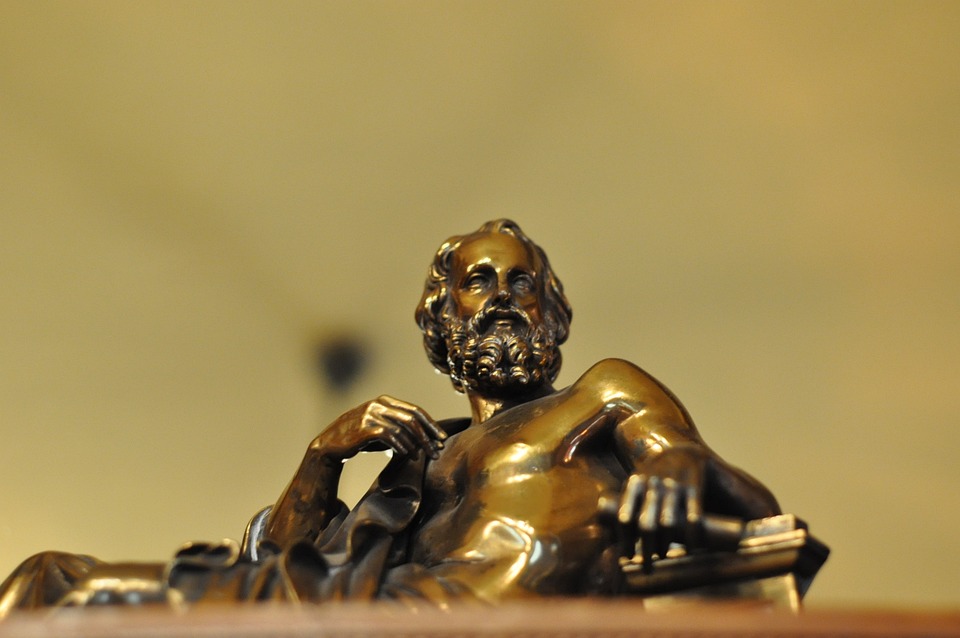Being a Political Science student sometimes challenges your thoughts about contemporary world especially when you thorough study the western political thoughts. One of the stalwarts among western political thinkers – Plato, an ancient Greek philosopher and regarded as the first western political thinker. A disciple of Socrates who laid the foundation of this whole philosophical mania.
He embedded his ideas
in one of his most novelistic work – Republic. There’re certain
philosophies on which Plato talked about among which a concept of an “Ideal
State” or “Just State” arose. He challenged those concepts ages ago but we are
still in 21st century struggling for the proper definition and
execution for an ideal state.
Although in many
nation state powers are snatched forcefully with show of force or popular
support, those are anarchic states. In context of democracy failure, he
reasoned it that its due to people are not equipped with proper education to
select the best ruler. For the rising of populist leader around the globe and
their attitude to challenge the democracy and its institutions, could be citizens
be blamed for this as if they are not educated? The answer lies in the
evolution in behavior of citizens. Criteria to select leaders now have changed
drastically, instead of developmental policies people are more concerned about
ethnical disproportion in different places, a tug of war between majority and
minority, for e.g. Rohingyas crisis in Myanmar, Kurds in Turkey, Immigrants in
USA, minorities in India, Koreans in Japan etc. Its just the one context of
choosing leaders now, there are many other reasons like extreme rise of
nationalism, unequal claims of resources, efficient demagogue leaders, territorial
expansionism and most importantly dominance on smaller state. And that is the
reason we are lagging behind to achieve reasonable goals like employment,
poverty reduction, hunger reduction, climate change, forest conservation,
literacy and health care.
Under the crisis in
existing government, Plato turns to the problem of selecting best rulers.
According to him statesmanship is highly specialized job and leader with unblemished
moral character must be chosen. But interestingly it is also proposed that
“Like man, like state” which means state reflects what its citizens are or vice
versa. State leaders are not alone to be culpable for political instability or
their election, they get their back from their followers, who are ultimately
part of society and citizens.
He defined the track for ideal state in his own time and in accordance with his own experience. He elaborated four Cardinal Virtues with their traits which must be attained in an ideal state. It seems like we have deviated from that track so far in context of all those four Cardinal Virtues i.e. Temperance, Courage, Wisdom, Justice. All of these are either overhyped in political fields or their true meaning has been changed for personal agendas. With all these four virtues either we can make a just state or we can still carry on our voyage for perfect state.
I hope you enjoyed my blog. Don't forget to subscribe.




Comments
Post a Comment
Please do feel free to comment.